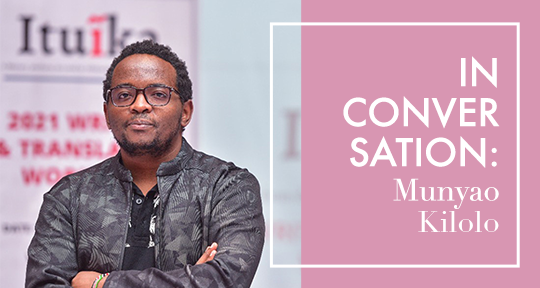In this round of weekly updates from our Editors-at-Large, we hear about literary festivals, awards, and the latest translations from North Macedonia, Spain, and Kenya! From a festival themed “Air. Wind. Breathing.” to a recently completed translation of the Bible, read on to learn more!
Sofija Popovska, Editor-at-Large, reporting from North Macedonia
The first weeks of autumn in North Macedonia brought exciting developments to the literary scene: the third installment of the Skopje Poetry Festival took place from September 24–28. The event spanned several venues, including the historic movie theater “Frosina”, the Skopje city library, and the bookshop-cafe “Bukva”. The festival opened with a performance entitled “Air. Wind. Breathing.”—a theme that was maintained throughout, as some of the readings were accompanied by musical improvisations with wind instruments.
Represented at the Skopje Poetry Festival was a diverse range of cultures; Danish, Serbian, French-Syrian, Maltese, and Croatian poets gave readings alongside local authors. Aside from readings, there were screenings of several movies based on the poetry of Aco Šopov. One of the adapted poems was Horrordeath, which was featured in the Winter 2023 issue of Asymptote Journal in Rawley Grau and Christina E. Kramer’s translation. The screenings were followed by a musical concert, a creative writing workshop headed by Immanuel Mifsud (a Maltese author and recipient of the European Union Prize for Literature), a panel discussion on increasing the visibility of Macedonian literature abroad, and a yoga session in nature. Young Macedonian poets also had a chance to make their voices heard, during the “Springboard” event on September 24 dedicated to poets between the ages of 16 and 25.


